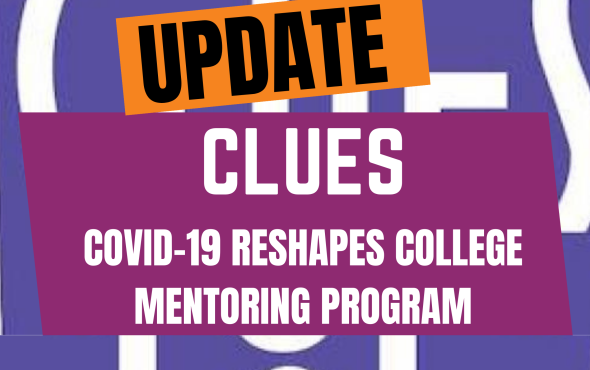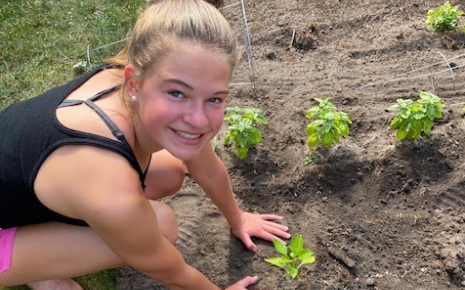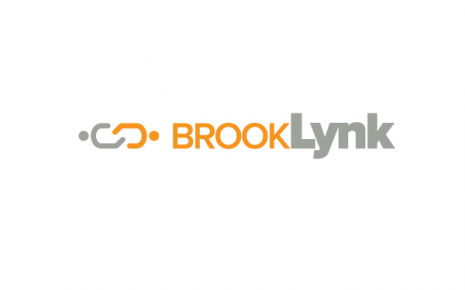“Our main goal is to help young people work toward their dreams by getting them through high school and into college,” explained Tanya Schuh, Youth in Action (YA!) program manager for CLUES (Comunidades Latinas Unidas en Servicio).
For YA! youth, most of whom are first-generation college-bound students, that means in-person monthly sessions to turn those dreams into action. Young people — together with individual mentors— build skills like leadership and teamwork, get practical guidance navigating the college admissions process, and participate in civic engagement activities.
Parents and guardians are part of the plan too, with education sessions in Spanish that address common pinch points.
“Families are very supportive,” Tanya continued. “They really want their students to take the next step and they make a lot of sacrifices to make that possible. But if parents haven’t had exposure to higher education, they don’t always understand what is expected of students once they’re in college.”
COVID-19 put an abrupt halt to the in-person programming. “We canceled our March meeting,” Tanya said. “Parents had lost jobs, St. Paul Public Schools were on strike, and there was just a ton of uncertainty.”
YA! meetings that month were replaced with individual check-ins and FaceTime calls. “We wanted to hear what families really needed and connect them to it,” Tanya noted.
That meant immediately ramping up their recently launched food delivery service into overdrive. “I remember one day I had to go back to CLUES three times just to keep filling up my car…and I have an SUV!” remarked Tanya. CLUES quickly realized that was not a sustainable model, and pivoted to delivering dry goods via Metro Transit and CLUES buses, while also distributing perishable items on-site weekly throughout the summer.
By April, the YA! program model had been reworked for an online format. Four-hour sessions were shortened to two hours. During the 20-21 school year, programming took place in the morning so young people had afternoons available to work. “We had amazing attendance in the fall, even more than normal,” Tanya beamed.
One of the best surprises that came out of the new virtual format was the ease of introducing new mentors to mentees and their families. “Normally mentors set up a time to go over to the family’s house and meet them, and that can take a while to set up,” Tanya observed. “This year we had the mentee and their parents on one screen and we popped the mentor into a breakout room with them; it was such a low-stakes way to kick off that ice-breaker meeting. I’m excited to continue to do these initial meetings that way.”
Speaking of mentors, Tanya feared that recruiting was going to be a challenge. “I was so worried about recruiting new mentors to start mentoring virtually. I was floored when we had more volunteers than we were able to match. That has never happened before!”
“I think that spoke to people’s desire for connection, and wanting to support teens during this time,” Tanya surmised. “Also, doing everything virtually and with flexible timing meant it was easier for some mentors to participate.”
As CLUES looks ahead to YA! programming this year, they plan to move closer to their original in-person program model with some tweaks and modifications based on what they learned during the pandemic. “The past year highlighted how important those personal connections and relationships are,” reflected Tanya. “And it also showed the importance of moving forward through adversity. That’s what we’re continuing to do.


